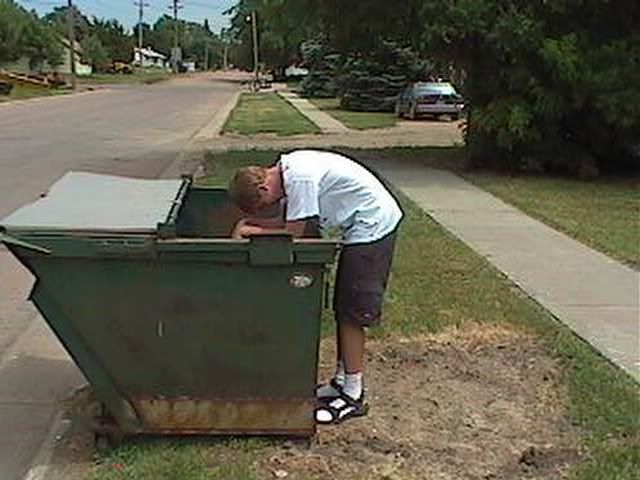bananawithmilk: With my luck, I'll be visited by Andy Pratt, who will try to kill me.
bananawithmilk: And miss.
--------
March 26, 2004:PHOENIX -- The Chicago Cubs traded pitchers Juan Cruz and Steve Smyth to the Atlanta Braves on Thursday for minor league left-hander Andy Pratt and infielder Richard Lewis.I have always, always liked Juan Cruz, because he throws in the mid 90s despite weighing 35 lbs less than I do (30 in shape, 40 when I'm drinking), and because his almost-magical 2001 rookie season bought him quite a bit of time, in my opinion, to turn things around. He had a K/9 over 9, and although his walk totals were high, the Cubs chose to trade him at the worst point of his career, sending him to Atlanta the spring after he posted a 6.09 ERA with an 81/59 K/BB rate. Sure, he had no stamina, and his control was lacking, and getting rid of Smyth was a
great move, but this is what the Cubs received for him:
Andy Pratt, 2004: 1.2 IP, 0 H, 4 R, 4 ER,
7 BB.
That's right. In Andy's mercifully short stint with the Cubs (
"Hendry said there's a good chance Pratt will start the season in the majors.") he walked two batters more than he retired. And what's worse, in 2002 HE DID BASICALLY THE SAME THING WITH THE BRAVES.
Andy Pratt, 2002: 1.1 IP, 1 H, 1 R, 1 ER, 4 BB.
Andy Pratt, career: 3 IP, 11 BB.
Since 1990, only the following pitchers walked as many men as they retired:
Dave Martinez,
1990, 1995, 1.1 IP, 4 BB.
Greg Litton,
1991. 1 IP, 3 BB.
Jose Canseco,
1993. 1 IP, 3 BB.
Dennis Konuszewski,
1995. .1 IP, 1 BB.
Manny Alexander,
1996. .2 IP, 4 BB.
Rafael Quirico,
1996. 1.2 IP, 5 BB.
Ricky Pickett,
1998. .2 IP, 4 BB.
Derek Bell,
2000. 1 IP, 3 BB.
John Mabry,
2000-2001. 1 IP, 4 BB.
Kris Keller,
2002. 1 IP, 3 BB.
Jeff Fulchino,
2006 (pending). .1 IP, 1 BB.
The following did not make it but deserve honorable mention:
Jared Fernandez,
2004. He pitched one inning, walked five and gave up six hits for a WHIP of 11.00.
Mike Bynum,
2004.
Bynumetrics.
The best thing about this list is that five never made it back to the majors and that six were position players. And all of these players managed to pitch better than Andy Pratt.
Pratt somehow managed to go three innings before somebody realized that the only true outcomes to any at-bats against him were "walk" and "not walk" (ratio of 11 walks to 22 batters faced).
"I started with a cutter," he said. "I went down to Puerto Rico and worked with Guy Hansen, who is the (Braves') Triple-A pitching coach in Richmond. I just started messing around with it because you can't do anything wrong down there. It's not a real season. I just started messing around with it and seeing what different hitters did with it. That was the big thing."
Games against Montreal in Puerto Rico, then, would better explain Pratt's colossal failiure of a career, rather than relief appearances against the Mets (2002) and Reds (2004).
What bothers me the most about Pratt is that if you look at his minor league stats, he was actually a good pitcher. In 1999, he walked only 16 in 71.2 innings of A ball and struck out 100. Apparently, the closer he got to the bigs, the more he looked like Rick Ankiel.
So where did he go?
He spent 2004 falling back down to the rookie leagues, and on September 3 he was traded to the Brewers for Ben Grieve, another bum who did not help the Cubs win the World Series.
(On a personal note, despite actually watching the game in which Pratt pitched, I missed his Cubs debut (and send off!) while sitting on the toilet. But I assume that they are more or less the same thing.)


